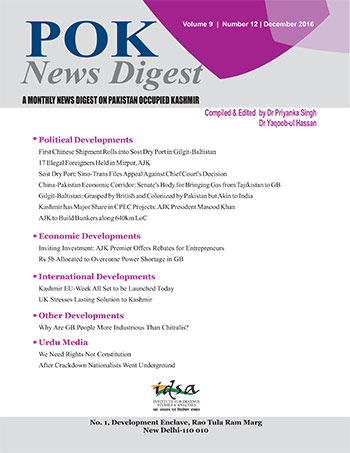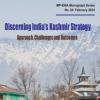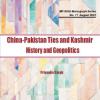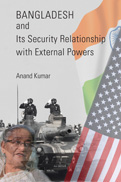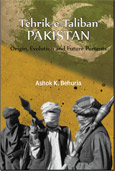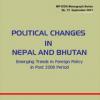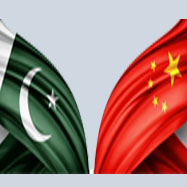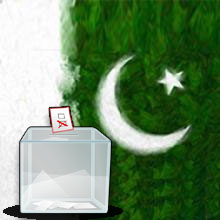About Centre
South Asia is one of the main areas of research focus at IDSA. The region has been going through a period of turmoil over the last few years. Definitive steps have been taken in the recent past towards the establishment of democratic governments in the region. Given the importance of developments in the region for Indian security, experts at IDSA keenly watch and analyse unfolding developments in each South Asian country.
Two projects that are currently under progress are ‘Developments in Pakistan’ and ‘Pakistan Occupied Kashmir’. In addition, individual scholars are engaged in researching various security related aspects pertaining to South Asian countries. The Centre has established bilateral institutional relations with leading think tanks in the region and proposes to undertake joint studies.
Members
-
Senior Fellow
-
Research Fellow (SS)
-
Research Fellow
-
Associate Fellow
-
Associate Fellow
-
Associate Fellow
-
Associate Fellow
-
Research Analyst
-
Research Analyst
-
Research Analyst
-
Research Analyst
Events
15th South Asia Conference - Achieving Regional Economic Integration in South Asia (December 14-15, 2023)
Monday Morning Meeting on “The Ongoing Political Crisis in Pakistan”
Members
-
Senior Fellow
-
Research Fellow (SS)
-
Research Fellow
-
Associate Fellow
-
Associate Fellow
-
Associate Fellow
-
Associate Fellow
-
Research Analyst
-
Research Analyst
-
Research Analyst
-
Research Analyst








